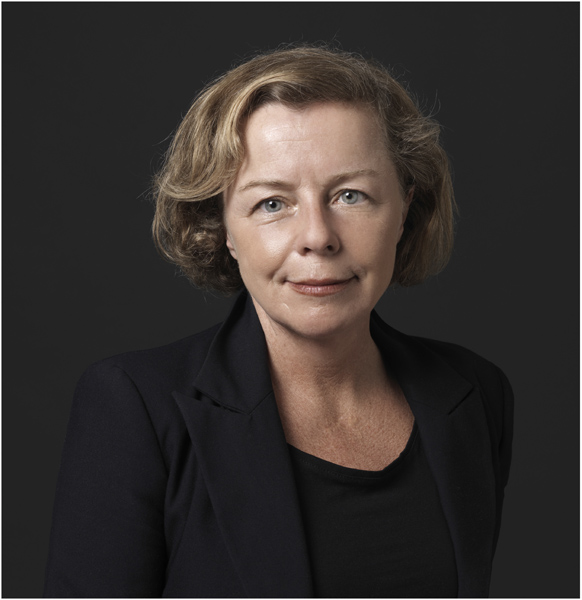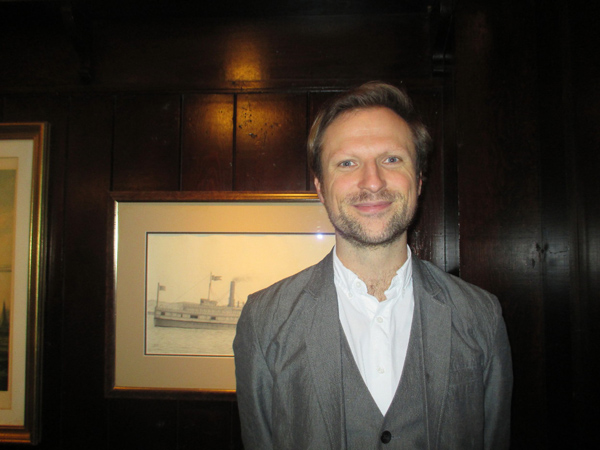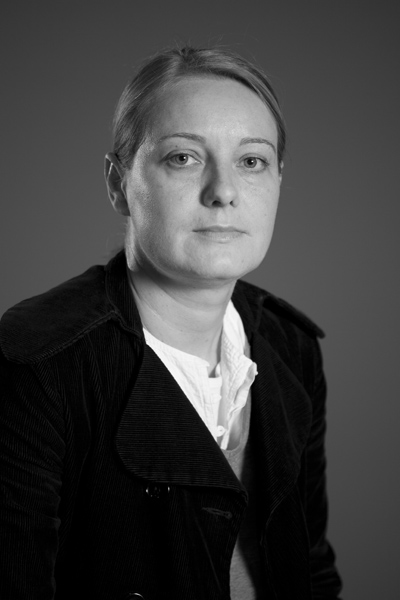THE NEW RIJKSMUSEUM – THE FILM
HET NIEUWE RIIJKSMUSEUM - DE FILM
The Netherlands 2014
130 minutes
directed by: Oeke Hoogendijk
In 2003, the Rijksmuseum in Amsterdam, the most important museum in all of the Netherlands, closed for a major renovation. The plan was to reopen in 2008, but what was to take five years took 10, with a budget that just kept on growing. Filmmaker Oeke Hoogendijk was able to follow this exciting, difficult and sometimes painfully funny process with the camera from behind closed museum doors. In beautiful images supported by powerful music, she captured the building as it was stripped to a bleak carcass, and as it gradually retrieved the old grandeur of yesteryear.
We watch from up close as various curators prepare the layout of their new rooms with tremendous passion and dedication. We follow the caretaker, who looks at the building as if it were his child and protects it against intruders, and the architects who constantly have to adjust their designs. And we follow the museum directors who must deal with financial setbacks, bureaucracy and squabbles – not to mention the activist cyclists. In the end, 400 hours of material was edited down to a single film that takes the viewer to the apotheosis: the reopening in 2013.
This exiting epic documentary took the award for Best Dutch Documentary in 2014 at the IDFA in Amsterdam, after the premiere at festivals and cinemas in USA. In the beginning of Decembar it’s theatre screenings started across the Netherlands.
Director's Word: What should have been a movie about the pride of Holland turned into nothing short of a Shakespearian drama, with failing project managers, cornered ministers and officials, quibbling contractors and foreign contract parties who were appalled to see how the slow decision-making process frustrated the renovations and eventually brought them to a complete halt. It was as if a great weight was pulling the project down and no progress could be made.
In 2008, when the management announced that the museum would be closed for another five years, I too realized that I was to spend another five years behind the walls of the Rijksmuseum and witness five more fascinating years of struggle.
facebook.com/thenewrijksmuseum

Oeke Hoogendijk
Graduated theatre directing from the Academy of Arts in Utrecht (1990). She directed stage shows from 1990 until 1996 at numerous companies. In 1997 she studied television documentary at the Media Academy and worked as director for VPRO television programme. In 1998 she directed the documentary “A Happy Time” (Een gelukkige tijd) in conjunction with Paul Cohen, which was rewarded with the Dutch Academy Award and the Euro-Comenius Award (Vienna).
Selected filmography
A HAPPY TIME (Een gelukkige tijd), 1998, with Paul Cohen
THE HOLOCAUST EXPERIENCE, 2002
THE NEW RIJKSMUSEUM (Het nieuwe Rijksmuseum), 2008
THE NEW RIJKSMUSEUM – THE FILM (Het nieuwe Rijksmuseum – De Film), 2014












